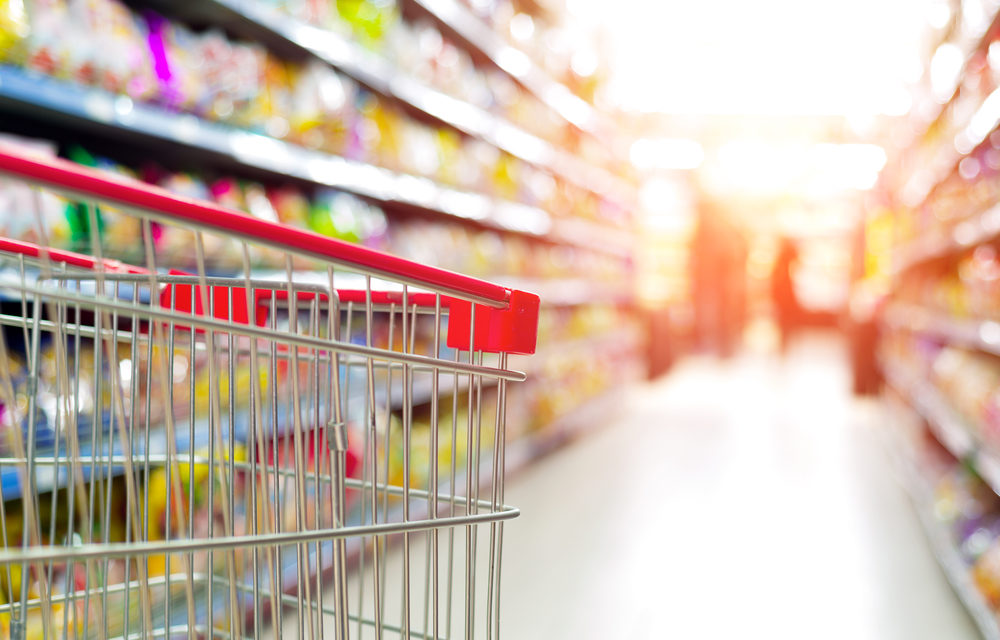Shifting consumer tastes spur consolidation, cost cuts
The challenges faced by the packaged food sector flared up last week, as some of the biggest names in the industry posted sales declines and profit warnings, and announced (or spurned) takeover offers.
On Friday, The Kraft Heinz Company unveiled a $143 billion unsolicited—and rejected—offer to acquire Unilever. Meanwhile, General Mills cut its sales and profit outlook, and Campbell Soup Company and The J.M. Smucker Company reported disappointing results. (On Sunday, Kraft withdrew its offer for Unilever.)
As consumers increasely opt for fresh and less processed food options, and newer start-up labels, packaged food in grocery stores’ center aisles has seen demand falter.
Growth in the perimeter of grocery stores, which includes the fresh produce and deli sections, has hovered around 6% for the past few years. This outpaces the 2% growth in the center aisle of stores, which includes the packaged food section, according to a Nielsen report.
Pressured by shifting consumer tastes, traditional packaged food companies are investing in organic and natural labels and startups, seeking cost cuts, and consolidating—with an eye toward increasing their negotiating clout with supermarket buyers.
The challenges and potential solutions were clearly on display as the companies in the headlines on Friday spoke of the need for cost cuts, the pressures of discounting and the benefits of consolidation.
Kraft Heinz is itself a product of consolidation, created in a 2015 merger of packaged food giants Kraft Foods and Heinz, brought together by Warren Buffett’s Berkshire Hathaway and Brazil’s 3G Capital, known for its cost-cutting penchant. Kraft Heinz said at the time that its merger would create “substantial opportunities for synergies,” which it said could then be reinvested “in marketing and innovation.”
by Andria Cheng
Source: eMarketer, February 2017

